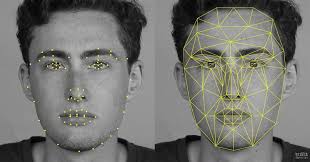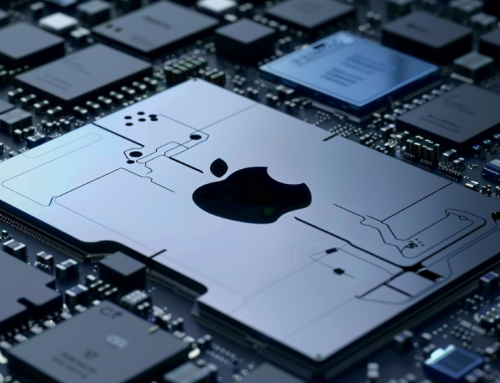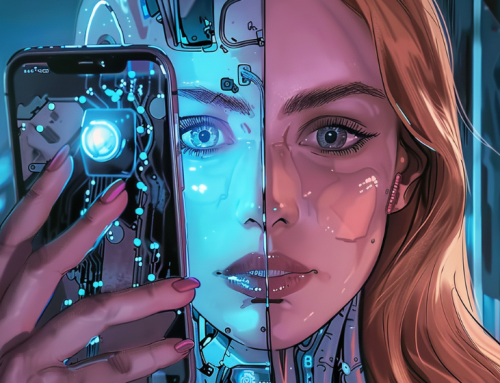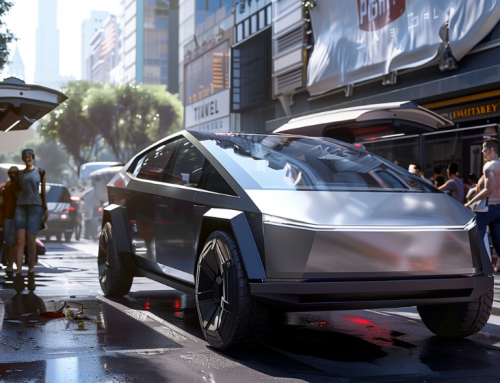
The San Francisco Board of Supervisors partially banned use of facial recognition technology.
San Francisco Supervisors Draws a Line Against Facial Recognition
After 9/11, New York City began putting cameras on street corners to prevent terrorism. Along with safety, such cameras are also used for surveillance and information gathering. Only recently have authorities been able to take photos and in a split second know someone’s identity, what they do and whether a person’s activities are worth watching. Now private companies want to do the same.
But the City of San Francisco has a problem with that.
This month, a vote by the San Francisco Board of Supervisors of 8 to 1, made San Francisco the first U.S. city to ban the use of facial recognition by its government. The ordinance, however, doesn’t stop private companies from using facial ID in ways that many people find creepy.
The use of face recognition technology has become increasingly common, despite evidence that it often misidentifies people of color. Activists warn that it could lead to false arrests, or be used to track people’s whereabouts and target dissenters who have done nothing wrong. It is a very slippery slope.
According to an article in technologyreview.com by Angela Chan, the ban is just the first salvo in the fight for privacy.
In recent years, San Francisco officials have had to second-guess their use of high-tech tools. In 2009, police mistakenly pulled over a vehicle because a license plate reader wrongly said it had been stolen. The driver sued. The city ended up paying her $495,000.
However, most people’s experiences with facial analysis and recognition won’t be because of police monitoring. Rather, it’ll be because of non-government endeavors, like school security cameras or stores that show consumers targeted ads. These uses come with the same risks of misidentification and discrimination, but bans like the one in San Francisco won’t prohibit them.
In many ways, though, it’s unsurprising that the tech-obsessed city is the first to restrict the technology.
“[It’s like how] Silicon Valley parents are the most likely to ban screen time for their kids,” says Laura Noren, a data ethicist and vice president of privacy and trust at Obsidian Security. Other tech-savvy cities are likely to follow its lead.
According to an article in The New York Times, similar bans are under consideration in Oakland and in Somerville, Mass., outside of Boston. In Massachusetts, a bill in the State Legislature would put a moratorium on facial recognition and other remote biometric surveillance systems. On Capitol Hill, a Congressional bill introduced last month would ban users of commercial face recognition technology from collecting and sharing data for identifying or tracking consumers without their consent, although it does not address the government’s uses of the technology.
There is still a long way to go before the proper use of this technology gets resolved to anyone’s satisfaction, much less the A.C.L.U.
Matt Cagle, a lawyer with the A.C.L.U. of Northern California said this technology,
“(It) provides government with unprecedented power to track people going about their daily lives. That’s incompatible with a healthy democracy.”
read more at nytimes.com







Leave A Comment